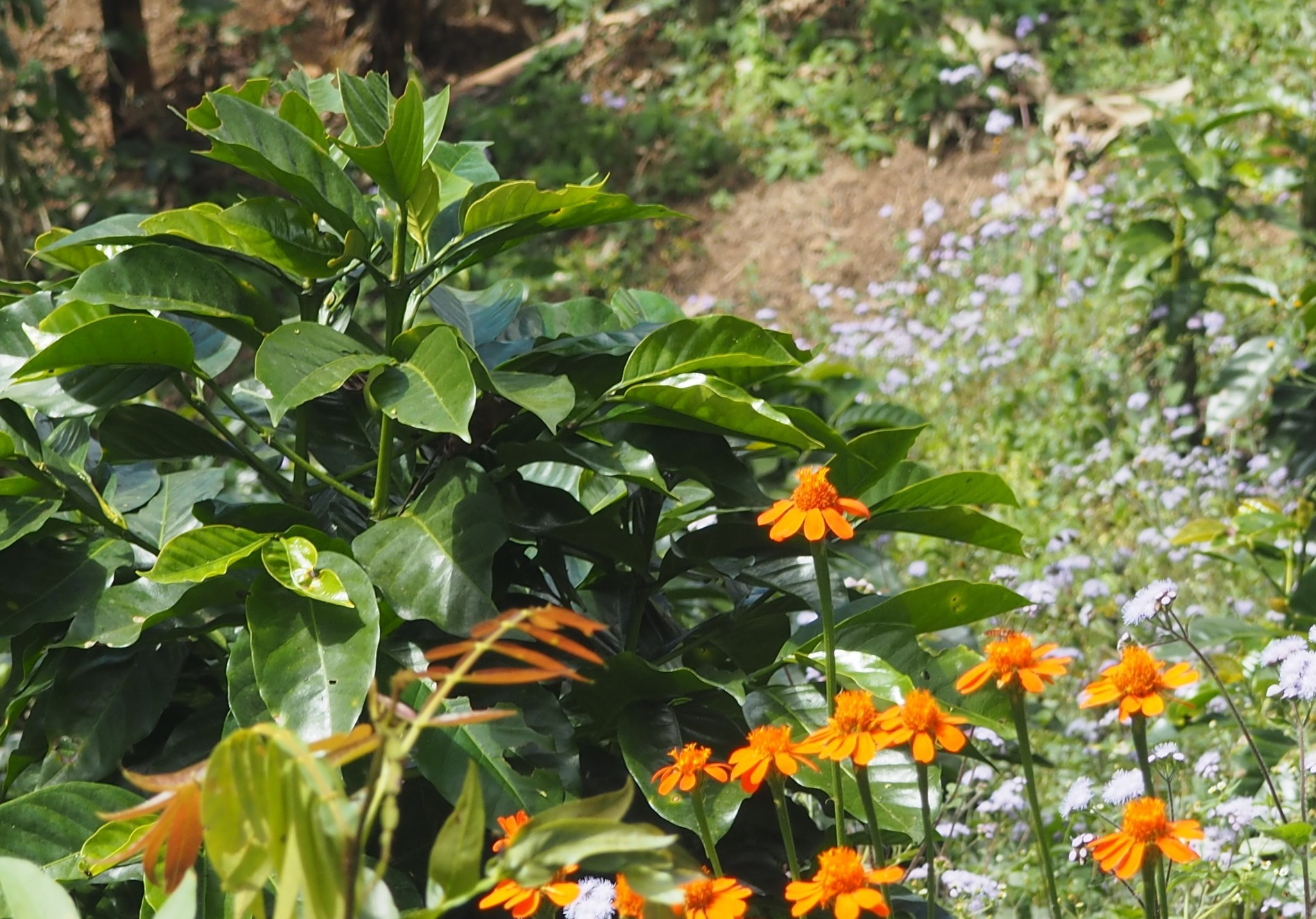MEXICO FT-FLO/USA ORGANIC ALTOS DE CHIAPAS SHG EP – *51271H* – 26662 – SPOT DUPUYHOU
Position Spot
Bags 0
Warehouses Houston
Flavor Profile NULL
Please Note This coffee landed more than 8 months ago.
Out of stock
About this coffee
Grower
172 producers organized around Enjambre Cafetalero
Altitude
1100 – 1800 masl
Variety
Bourbon, Catuai, Catimor, Caturra, Pacamara, and Typica
Soil
Clay minerals
Region
Amatenango de la Frontera, Chiapas, Mexico
Process
Fully washed and dried in the sun
Harvest
October – March
Certification
Organic | Fair Trade
Coffee Background
Everest in Chiapas comes to mind when looking for words to describe organic certified coffees from Chiapas. And even though Chiapas has coffee production reaching an impressive 1800 meters above sea level near the El Triunfo biosphere reserve, we're not talking about elevation when we say Everest. Rather, the reference is to the level of difficulty in cultivating heirloom varieties using organic practices despite the devastating toll of leaf rust throughout Mexico. Getting our hands on some of the best coffee from Chiapas Is no accident. Rather, results come from a complex and meaningful supply chain. At the top, organizations like Impacto Transformador and Sinapsis look to create solutions, like access to credit and international markets, for thousands of coffee farmers who struggle to make a living wage with just a few acres of land for coffee production. Throughout dozens communities in the southern end of the Sierra Madre mountain range, each producer processes coffee with their own micro-mill and dry the coffee in the sun on patios before transporting the coffee in parchment to a centrally located dry mill facility where the coffee is prepared for export. With smaller farms, production of organic compost is an achievable and cost effective means of maintaining proper plant nutrition. These organic practices also provide a protective buffer for precious plant and bird species that make their home in biosphere reserves like Montes Azules and El Triunfo. This particular lot comes from a collaboration between Impacto Transformador and a community based cooperative called Enjambre Cafetalero, which has 172 members cultivating coffee near the border of Guatemala in a municipality called Amatenango de la Frontera. The collaboration has helped provide logistical support for transporting and preparing coffee for export, and is also helping farmers with technical support for achieving improved farm management practices and navigating the organic certification process.





